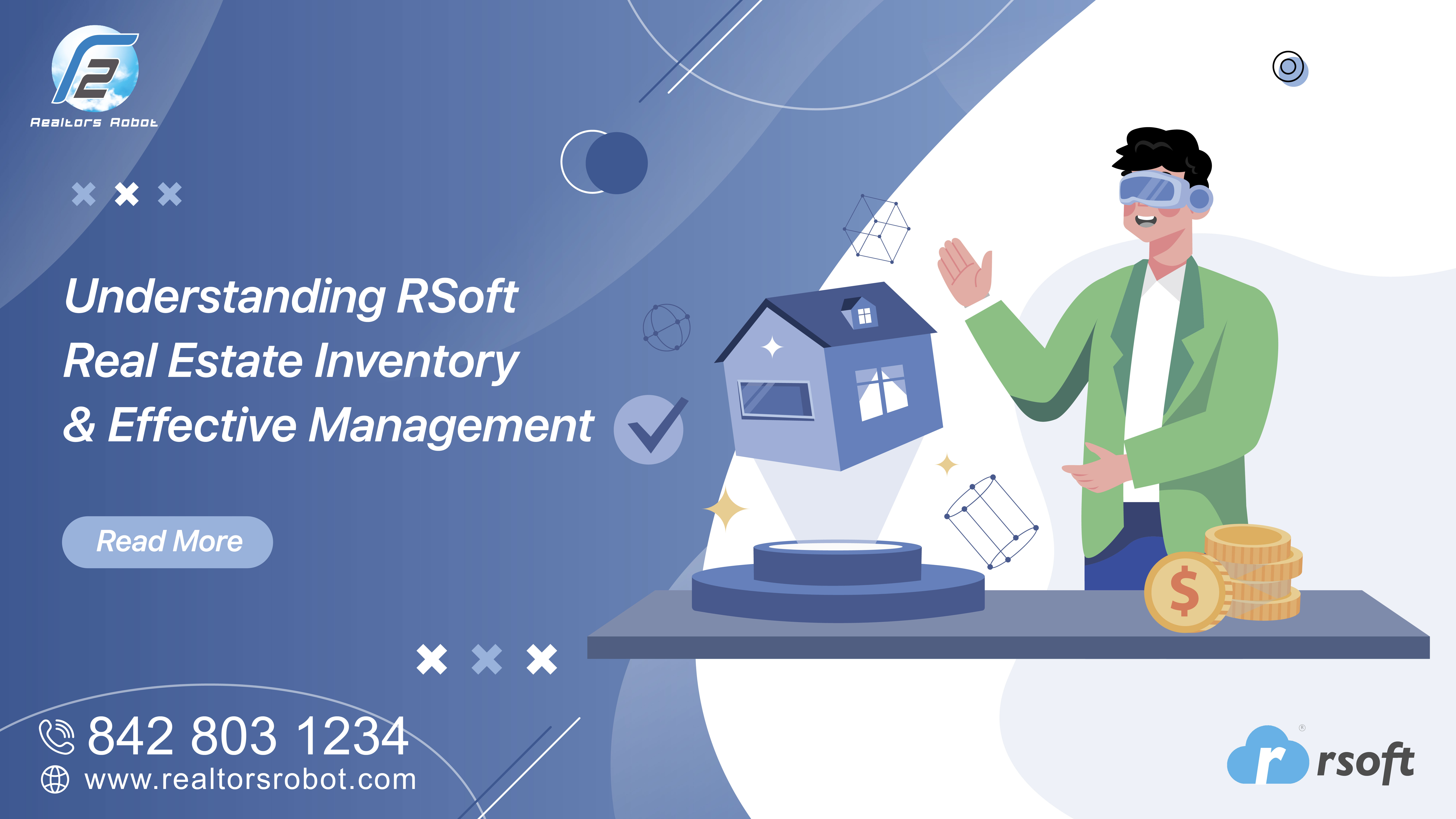
RSoft Real estate operates on the fundamental principles of supply and demand, much like other commodities. However, purchasing real estate represents a significant milestone for many individuals. In 2020, the global real estate market faced challenges due to uncertainties surrounding property purchases. This led to a surplus of properties as developers grappled with reduced demand.
By March 2020, real estate developers found themselves with a surplus of 45 months' worth of unsold units, a figure that climbed to 57 months by September 2020 (Source: ET). Despite this setback, the latter part of 2020 witnessed a gradual increase in property demand, a trend that has continued into the first quarter of 2021. The Indian government has played a role in revitalizing the real estate sector through incentives such as deduction benefits in affordable housing and tax holidays.
Furthermore, the digitization of processes has bridged the gap between real estate sales and management, facilitating smoother operations.
What Exactly our RSoft Real Estate Inventory?
RSoft Real estate inventory encompasses the number of unsold residential and
commercial units. For aggregators, inventory may also include properties designated
for rental but temporarily unoccupied.
Property development typically involves meticulous planning, incorporating factors such as current market sentiment, previous sales data, location, projected timelines, and the nature of the project itself.
Developers use this information to determine the design and quantity of units, constituting their inventory. Inventory levels can be measured using metrics such as months of inventory, absorption rate, and absolute numbers of available units.

The Importance of RSoft Real Estate Inventory Management

RSoft Real estate inventory management involves leveraging insights from various operations to enhance property management. Given the capital-intensive nature of real estate, developers rely on effective inventory management to ensure consistent cash flow through sales.
However, traditional methods of inventory management pose several challenges, including difficulty in property segregation, delayed insights, and manual reporting.
To overcome these bottlenecks, developers must integrate paperwork, planning, marketing, and sales seamlessly. A solution that integrates call-center CRM, marketing automation, field sales, and inventory management can drive higher property sales. Additionally, leveraging historical data on customer behavior can enhance demand planning and marketing strategies.
The Role of Digital Solutions in RSoft Inventory Management
Digital transformation has become imperative in RSoft real estate inventory management. An inventory management module integrated into a sales execution platform or mobile CRM can revolutionize operations. Such systems offer advantages such as cost reduction, increased opportunity conversions, centralized property filtering, enhanced data analytics, improved demand planning, and visual aids for agents.

In Conclusion
As the real estate landscape evolves, developers must adapt to changing market dynamics and leverage digital solutions to manage inventory effectively. With the Indian government's initiatives aimed at boosting the sector, developers have an opportunity to capitalize on emerging trends. RSoft, equipped with an inventory management module, is poised to assist developers in navigating these challenges and optimizing their sales processes. Schedule a demo today to discover how RSoft can empower your real estate business.
